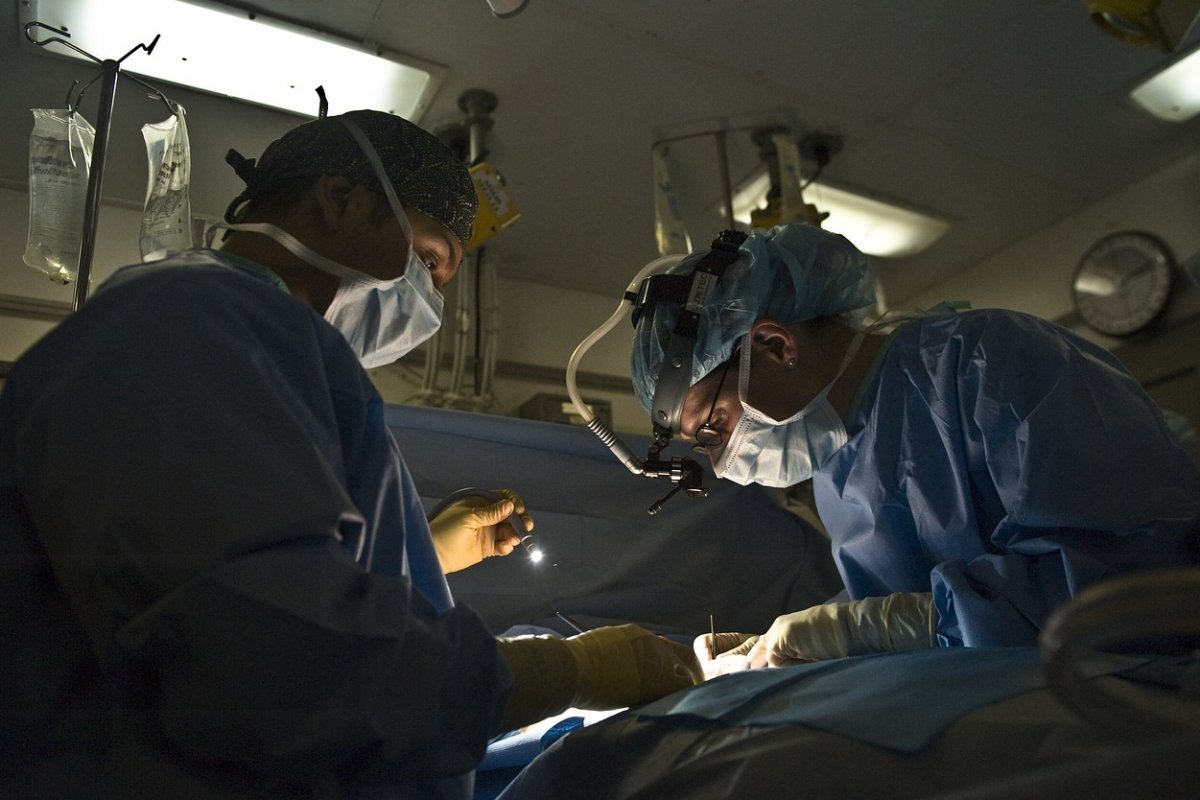
Oncologist-mammologist Danail Nazliev told what to do if the doctor said that you or your loved one has “suspected cancer”.
Specialist agreed that such a diagnosis could be “one of the most emotionally difficult moments.” Often this divides life into “before” and “after”.
What should be the algorithm of actions?
– If you have been diagnosed with suspected cancer, the first thing you should do is find a doctor who can confirm the diagnosis and suggest a treatment plan. This is important to do in order to get the most accurate information and make sure that the doctor has experience in treating oncology, — the expert wrote in his telegram channel.
Next, he advises getting a second opinion (that is, contacting another doctor ) and undergo a re-examination.
Don't panic and don't back yourself into a corner. It is important to remain calm and focus on the facts. Don’t let fear or anxiety overwhelm you,” recommends Nazliev.
An additional examination should be done by a doctor who constantly works with cancer patients and has the necessary experience. test for coronavirus
The first symptoms of cancer, the appearance of which you need to see a doctor:
“Heart attack”: Efremov's lawyer diagnosed the actor
- Unmotivated weight loss. You don't diet, you don't change your diet, you don't increase your exercise, but you're losing weight rapidly.
- Fever and fever. A slight increase in temperature for a long time may indicate the development of an oncological process.
- Fatigue and weakness. This symptom is noted by almost all patients who have been diagnosed with cancer. However, the presence of these symptoms does not necessarily indicate oncology.
- Bone pain. Usually appear with the growth of metastases.
- Change in the quality and color of the skin cover.
- Change in the size, color, shape of moles.
- The occurrence of wounds that are not amenable to therapy.
- Disorders of the bladder.
- Stool disorders (constipation, diarrhea, pain when emptying).
- Persistent headache.
- Unusual discharge, bleeding (any).
- Incessant cough, sore throat, hoarseness.
- Problems with swallowing.
Read more: Immunologist Kryuchkov spoke about the features of a new variant of coronavirus ” kraken”.
Important! Information provided for reference purposes. Ask a specialist about contraindications and side effects and under no circumstances self-medicate. Seek medical attention at the first sign of illness.
 Danail Nazliev Medicine oncologist-mammologist
Danail Nazliev Medicine oncologist-mammologist
